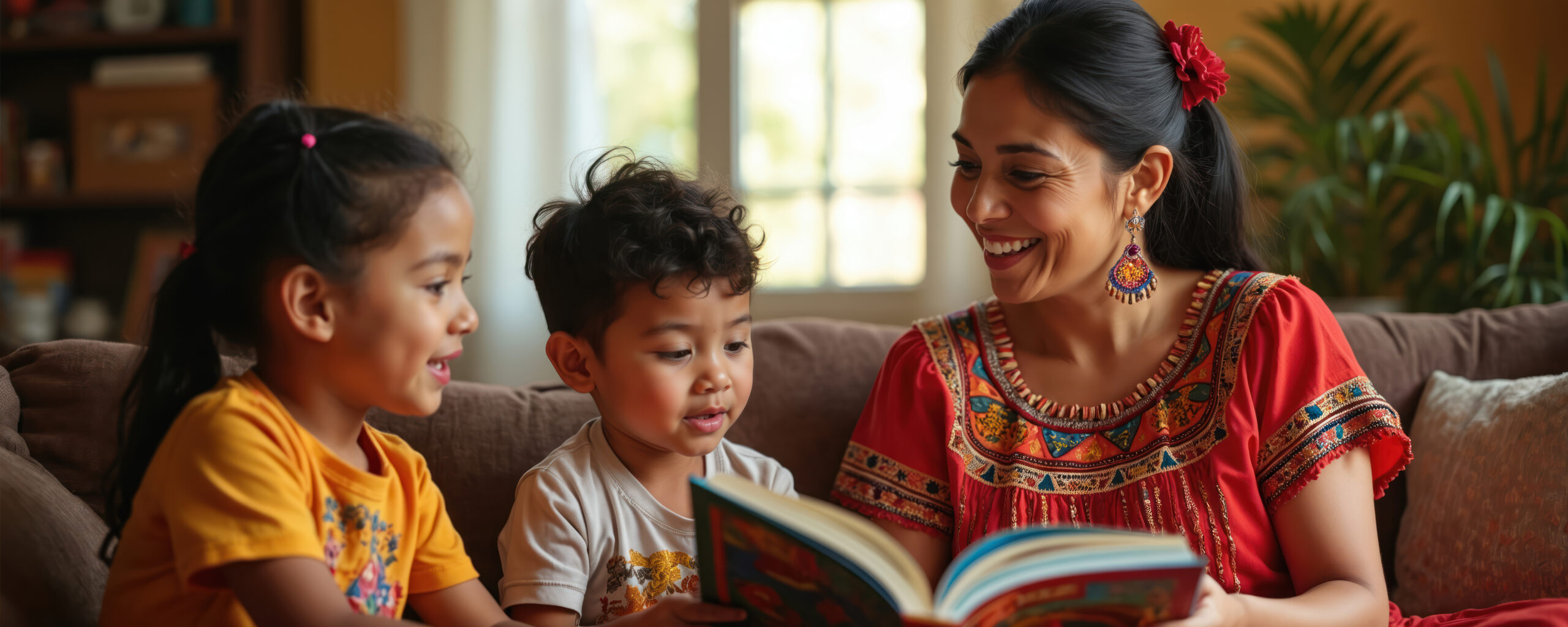Why Mentorship Matters in a Global Context
Mentorship has always been a powerful tool for growth, but in today’s interconnected world, its value has expanded even further. When mentorship crosses cultural boundaries and includes voices from different generations, it becomes more than guidance. It becomes a shared journey of learning that shapes stronger, more adaptable leaders.
I have seen firsthand how powerful multicultural mentorship can be. It is not just about teaching or advising. It is about listening, learning, and creating spaces where people from different backgrounds and age groups feel heard. This exchange of wisdom helps both mentors and mentees broaden their perspective and build the resilience needed for global leadership.
The Value of Intergenerational Dialogue
Every generation carries unique experiences. Older generations have lived through economic cycles, social change, and technological shifts. Younger generations bring new ideas, fresh energy, and comfort with rapid change. When these perspectives come together in dialogue, they create balance.
For leaders, this means avoiding blind spots. A seasoned professional might see risks that a younger leader overlooks, while a younger voice might introduce innovative solutions an older leader would not have considered. By fostering intergenerational dialogue, global leaders ensure they are not trapped in the limits of their own experience.
Multicultural Mentorship as a Bridge
In global leadership, culture shapes how we think, work, and communicate. A mentorship relationship that spans cultures challenges us to step outside of our assumptions. It forces us to reconsider how values like respect, authority, or collaboration are expressed in different parts of the world.
These differences are not barriers. They are bridges. When leaders embrace multicultural mentorship, they gain tools to navigate diverse teams and international markets with sensitivity and awareness. This is crucial in a world where success depends not only on strategy but also on the ability to build trust across cultures.
Learning Goes Both Ways
Traditional mentorship often focuses on the mentor guiding the mentee. But when mentorship is both multicultural and intergenerational, the learning becomes two-way. I have learned as much from younger colleagues as they have from me. Their openness to change, their digital fluency, and their boldness in challenging the status quo have reshaped how I think about leadership.
Likewise, I have been able to share lessons about patience, resilience, and the value of long-term vision. This kind of exchange ensures that wisdom flows freely in both directions, creating stronger leaders on both sides of the relationship.
The Role of Empathy in Mentorship
At the heart of multicultural and intergenerational mentorship is empathy. Leaders cannot assume that what worked for them will automatically work for others. They must listen deeply and consider the realities of people raised in different eras and cultural contexts.
Empathy allows leaders to ask better questions. Instead of giving quick answers, they seek to understand. Instead of judging differences, they look for common ground. In doing so, they build trust, which is the foundation of any successful mentorship relationship.
Practical Steps for Leaders
For leaders who want to embrace multicultural mentorship and intergenerational dialogue, the first step is intentionality. It requires seeking out relationships beyond your immediate circle. This might mean connecting with a younger employee from another country, joining global leadership forums, or participating in cross-border mentorship programs.
Another practical step is to create platforms within organizations where mentorship across ages and cultures can flourish. This can include peer-learning groups, leadership exchanges, or storytelling sessions where people share their experiences. By making space for dialogue, leaders encourage a culture of openness and respect.
Why This Matters for the Future
The challenges we face as global citizens are complex. Climate change, economic inequality, and technological disruption cannot be solved by one generation or one culture alone. They require collaboration, innovation, and wisdom from all corners of the world.
By embracing multicultural mentorship, leaders prepare themselves to handle these challenges with creativity and compassion. They also ensure that younger generations are equipped with not only technical skills but also the values and vision needed to lead responsibly.
A Legacy of Shared Growth
At the end of the day, leadership is about legacy. The true measure of a leader is not what they achieve individually but how they prepare the next generation. Multicultural mentorship ensures that this legacy is inclusive, diverse, and resilient.
Intergenerational dialogue, in particular, allows us to honor the past while embracing the future. Leaders who invest in these conversations leave behind more than accomplishments. They leave behind a network of empowered individuals who can continue the work of building a better world.
Closing Reflections: Listening as Leadership
If there is one lesson I have learned from multicultural mentorship, it is this: leadership begins with listening. When we listen across cultures and across generations, we discover new ways of thinking and leading. We become more flexible, more compassionate, and more effective.
For global leaders, embracing intergenerational dialogue is not just an option. It is a necessity. It allows us to prepare for challenges we cannot yet see and to create a future shaped by collaboration rather than division. That is the kind of leadership our world needs most today.
